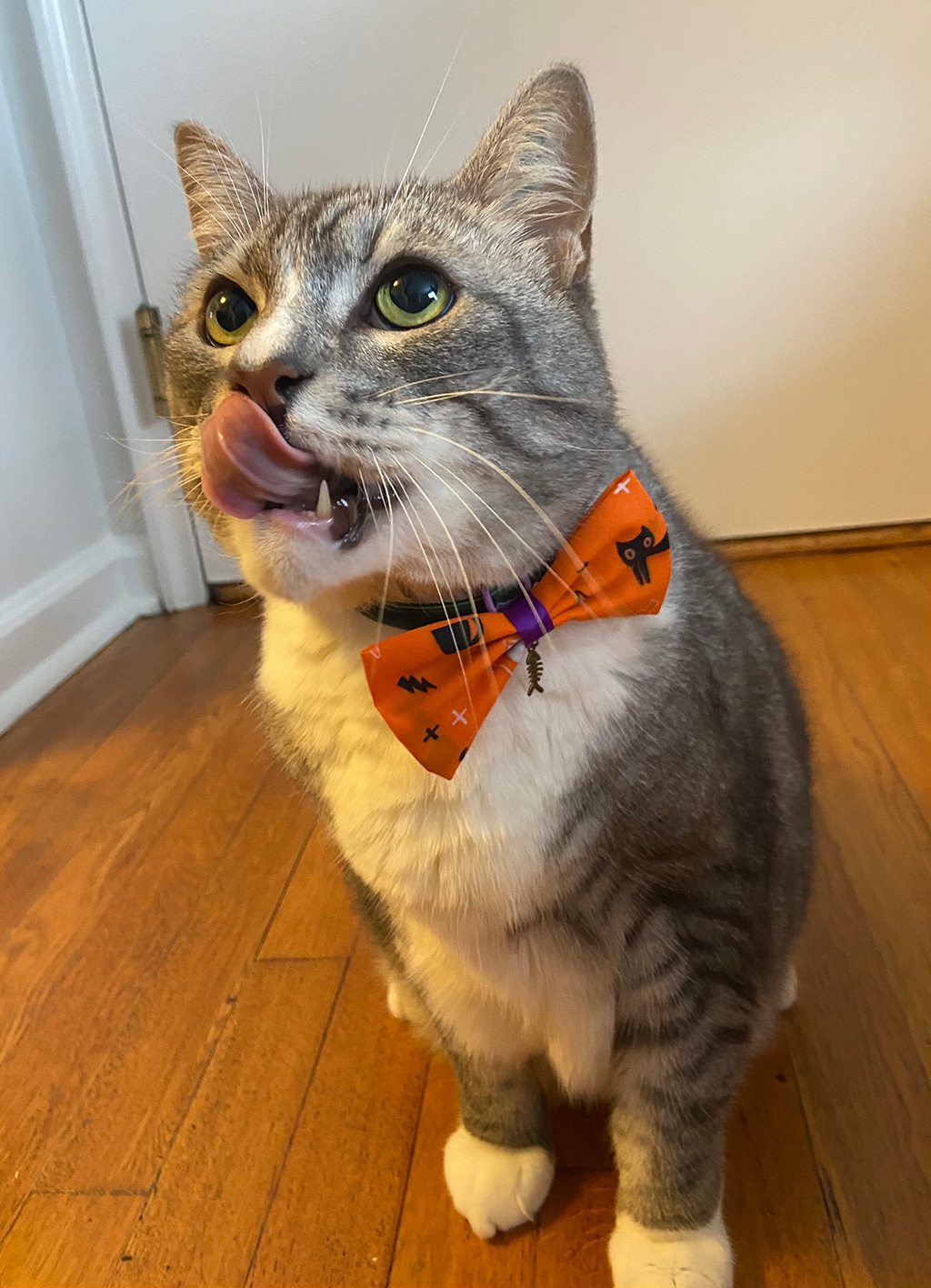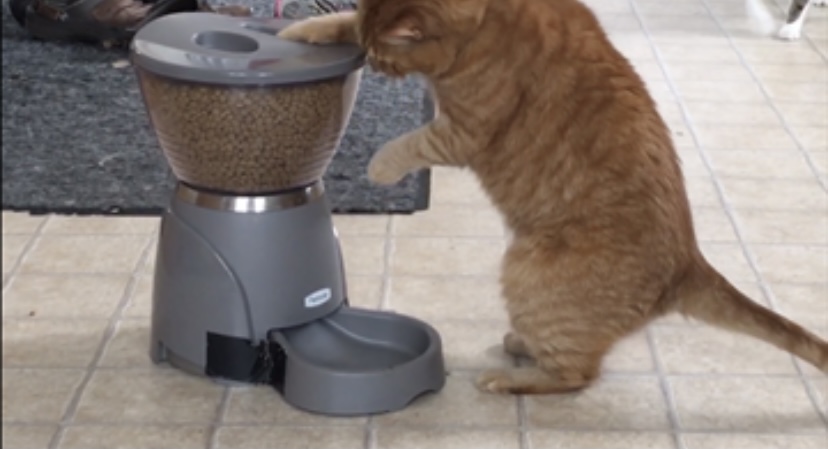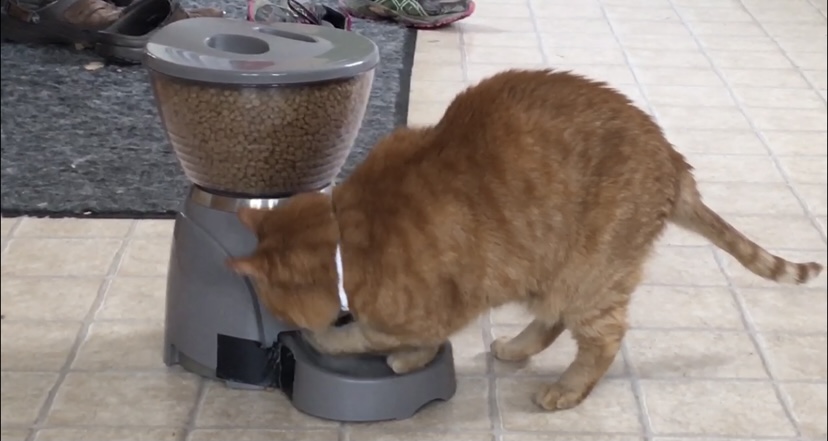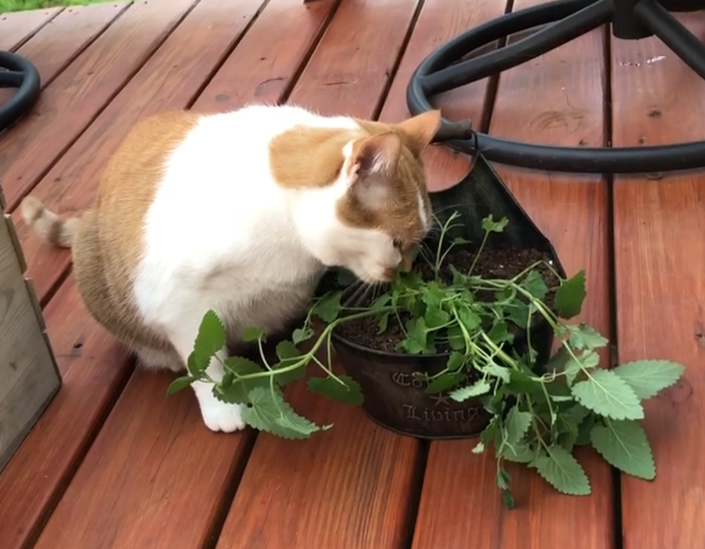The key to a long, healthy cat life is proper nutrition. Cats are obligate carnivores, which means that they rely on nutrients found only in animal products. They evolved as hunters, and the prey they consume is high in protein, contains moderate amounts of fat, and a minimal amount of carbohydrates. These overall proportions should still serve as guidelines for any healthy cat diet. Cats also require more than a dozen micronutrients, including vitamins, minerals, fatty acids, and amino acids. Excess use of vitamins and minerals can damage your cat’s health, so balance is crucial. As a rule, supplements in the shape of extra vitamins and minerals are not necessary if you are feeding a balanced diet.
Balance is more than the number of supplements we feed. It also involves the quantity of food and daily calorie intake. Sadly, feline obesity has become the most common nutritional disorder among pet cats and is largely caused by our modern human lifestyle. Obesity in cats is a serious condition, as it puts them at high risk for developing diabetes, heart disease, and many types of cancer—all diseases that significantly shorten a cat’s life. With the right nutritional guidance, however, obesity is easy to prevent, and we should aspire to do that when caring for our feline family members.




